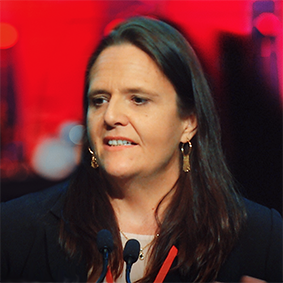ACCESS TALKS: WHY INCLUDE
Jody Carr is a former minister for education from New Brunswick, Canada was a pioneer of Systemic Inclusive Education policy. Jody shares his motivations and reasoning to establish a fully inclusive education system during his time in office.
Duration: 4 mins 25
This transcript has been corrected & edited slightly for clarity.
Here’s some things I know about inclusive education. Segregation and congregation based on disability label equals abuse, more times than not. Always has been and always will be.
The right to education is the right to an inclusive education, and it’s possible. When we learn together in classrooms, we learn to live together in society. Dynamic, inclusive education shouldn’t be simply giving a choice for parents, or only a few who can make it through the barriers.
Government often says ‘We need to give parents choice to have segregated options’ but we know segregation harms people with disabilities. History tells us this the current present day tells us this.
A family came to me, quite profound disabilities, nonverbal, in a wheelchair and the parents told me about this field trip they were going on. There were two buses to take the kids out to the field trip, and it really hurt them that one bus was for all the other kids–it was overcrowded, it was stuffy, and Neil’s bus was just him on the bus. It was wheelchair-accessible. As Neil was getting loaded on to the special needs bus the other bus left without him. He was supposed to get on the bus and eventually meet the rest of the kids. His mum was telling me about that, and I learnt so much, because she was like, “You know that hurts. I mean why would they leave him? It’s almost as if he wasn’t there,” and then she said, “Why are all the kids crammed on the first bus? If we just split them up a bit we can give everyone more space and use both buses equally.” And that’s where we can have equality, and quality and common frigging sense. These are some of the things not done intentionally, but what we do–as Neil’s mum mentioned to me–sends a message.
What we do well also sends a message. What we do not so well, even if it’s not intentional, sends an even harder message to not only Neil and his mum, but to all the other kids. We know segregation and congregation means fewer resources, poorer curriculum, poorer standards, fewer opportunities. When it comes to other harms affecting children, governments don’t give parents the right to choose to allow their children to do things such as buy cigarettes underage, as an example. We don’t allow for the choice of children to buy and drink alcohol underage. That’s harmful to kids and even if parents wanted the ‘choice’ we don’t allow children to drive cars underage. Why? Because these things harm children. Government puts policies, rules and legislation in place to protect children and families. If segregation and isolation is proven to be harmful to children with disabilities why would government not step in and protect them also?
Government has a moral obligation to step in and prevent harmful segregation and congregation based on disability.
Do what the rest of the world is doing and I’m here to tell you to do what they have committed to doing internationally under the CRPD. Countries like Australia have an international obligation to live up to their commitments to inclusive education. They have signed onto the International Disability Human Rights Convention. Anything less than fully-inclusive education opportunities for all children, regardless of differences, is in breach of international law and international human rights.
Inclusive education, as I said, when properly understood and supported is the right thing to do, period.
It is better educationally.
It is better economically.
It is better socially, not just for kids with disabilities, but as we’ve learnt today and heard, and you’ve heard it before, it’s better for all children and better for our entire society.
Last updated August 21, 2018
- The Value of Inclusive Education, Open Society Foundations [PDF]
- Choosing Segregated Education “Parental Choice or “Parental Concession” [PDF] Discusses Inclusive education as a human right of people with disability and asks Should parents have the right to choose educational segregation of their child on the basis of their disability?
- Laying the Foundations for Equality; The Power of Inclusive Education, Senator Jordon Steele-John [Video – opens on external website] – 2018 QUT Inclusive Education Forum; Lessons learned, Actions needed.
- Inclusion in Education; A rights based approach, Kathy Cologon [PDF]
ALSO IN THIS SECTION:
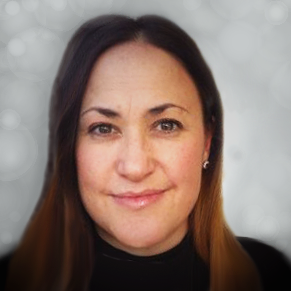
Individual & Societal Benefits of Inclusive Education Dr Simona D’Alessio, UCL Institute of Education, Italy
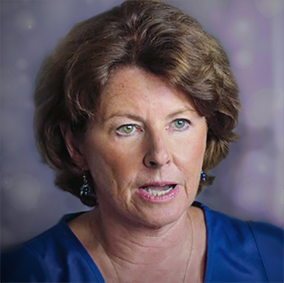
Why Inclusion? Social Values-Based Theory Dr Carol Quirk, CEO Maryland Coalition for Inclusive Education, USA
MORE ACCESS TALKS:
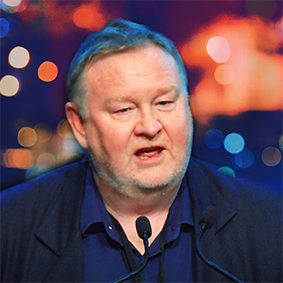
WHAT IS INCLUSION
The promotion, adoption and implementation of inclusive practices, which involves changing policies, practices and attitudes within schools.
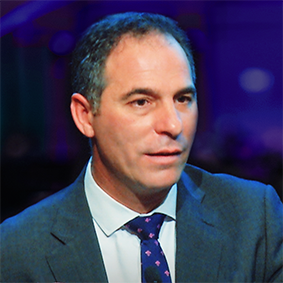
TEACHER IMPACT
All classroom teachers have a role in creating schools & learning environments where all children can learn and feel they belong.
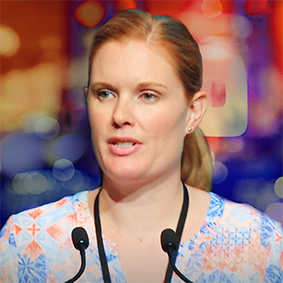
CHANGING MINDSETS
Whole school transformation requires courage, leadership & honest reflection to identify the need for change and set about making it happen.
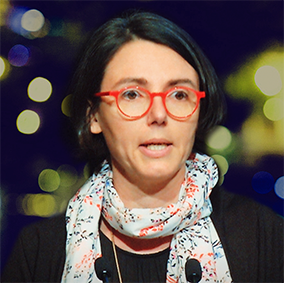
AUSTRALIAN EXPERIENCE
Exemplar inclusive educational practices are happening in Australia. See the possibility and potential of inclusion here and now.
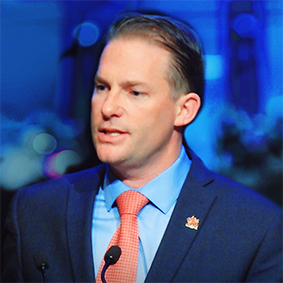
HOW WE INCLUDE
Creating inclusive classrooms & schools starts with vision, policy, systems change, curriculum design and teaching practice.
NOW EXPLORE ACCESS READS

WHAT IS INCLUSION
The promotion, adoption and implementation of inclusive practices, which involves changing policies, practices and attitudes within schools.

HOW WE INCLUDE
Inclusive classrooms and schools embrace universal design as the foundation for cultivating inclusive attitudes and practices.

CHANGING MINDSETS
Bringing about change one mind at a time is integral to improving the lives of people with disability.

AUSTRALIAN EXPERIENCE
Exemplar inclusive educational practices are happening in Australia. See the possibility and potential of Inclusion here and now.

WHY INCLUDE
All children have the right to be included, to be represented in, to have access to and to receive high-quality education and supports.
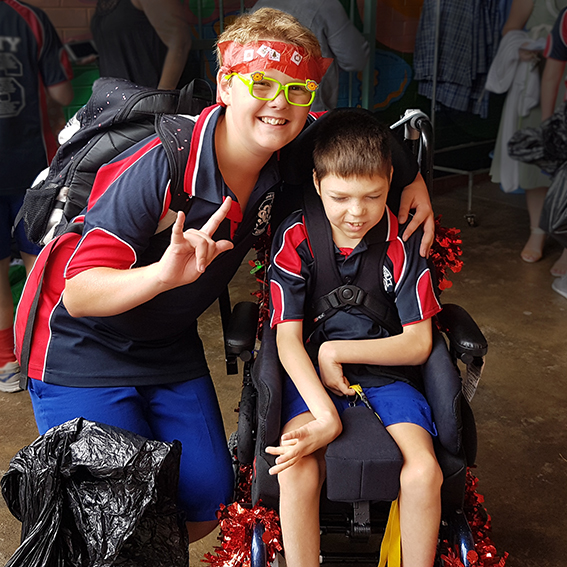
TEACHER IMPACT
All classroom teachers have a role in creating schools & learning environments where all children can learn and feel they belong.
A FAMILY ADVOCACY INITIATIVE
This site is edited and maintained by the Advocacy and Leadership Development team.
Image attributions: photos supplied and screenshots from Access Symposium videos.

